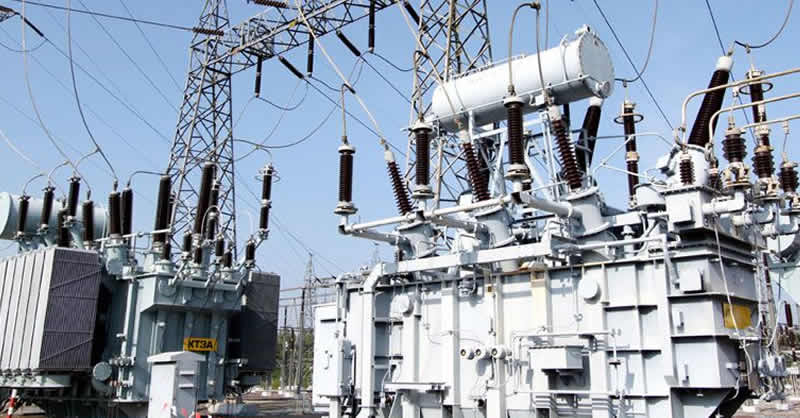Electricity watchdog, the Nigerian Electricity Regulatory Commission, NERC, on Saturday refuted the story that it has suspended the Eligible Customer Regulations (ECR) which allowed power generation companies, GenCos, to supply electricity directly to large demand customers.
The regulations put in place by the government in 2017 allowed direct supply to customers who consume at least two megawatts of electricity per hour in a month.
NERC in a statement on Saturday by its General Manager, Public Affairs Department, Dr Usman Abba Arabi stated that the Eligible Customer Regulations has not been suspended and at no time has the Commission issued a directive for discontinuation of service to any customer.
The Commission explained that what it suspended was the authorized direct supply by GenCos to consumers.
“The ECR was developed and approved by the Commission, pursuant to a declaration made by the Ministry of Power as provided under section 27 of the Electric Power Sector Reform Act. The regulations provide for conditions for the grant of eligibility status by the Commission.
“The Commission further issued the guidelines for filing for competitive transition charge to account for loss of revenue by DisCos in compliance with section 28 of the Act. In this regard, electricity consumers across the country that comply with the provisions of the Eligible Customer Regulations may avail themselves of the bilateral contracting opportunities presented by the intent of the provisions in the EPSRA and the ECR.
“The Commission has noted references to our letter to the Market Operator and is referred to as a directive for discontinuation of supply to certain customers.
“We wish to state that this was a straightforward directive of the industry regulator restraining the TCN from recognising unauthorised eligible customer transactions in the market settlement statement without the prior approval of the Commission.
“The Commission further directed all unauthorised EC transactions to revert to billing by the distribution companies operating in the franchise area where the customers are located but without disruption in supply until the customer is conferred with eligibility status pursuant to the requirement of the ECR”.
The Commission was however silent on the claim by Eko Electricity Distribution Company, Eko DisCo, that it received approval by NERC to effect electricity tariff increase.
Although the claim was quickly retracted by the utility company, confusion over the increment continued.
A statement by the Managing Director, Eko Electricity Distribution Plc, Engr. Adeoye Fadeyibi urged the general public to disregard all such reports not emanating from the management or the company’s website.
He said: “While we continue to review effective and regulatory strategies to manage the impact of changes to macro-economic indices affecting end-user tariffs, the general public will be duly informed, in the event of any changes to the end-user tariff”.
The DisCos had in an earlier statement accused the GenCos of engaging in the illegal supply of electricity to bulk consuming customers.
Executive Director, Research and Advocacy, Association of the Nigerian Electricity Distributors, ANED, Barr. Sunday Oduntan in the statement pointed out that the contracts signed and operated by the GenCos and the consumers did not meet the requirements set by NERC.
According to him, “In response to the insinuation that NERC and the DisCos are colluding to frustrate the implementation of the Regulation, we wish to state unequivocally that this is untrue, unfounded, preposterous, and irresponsible of the stakeholders who have failed to meet the requirements of the Regulation and attempting to pass the buck.
“In fact, to a fault, NERC (who have been unduly lenient with them) as they have is undermining the powers of the Commission as the regulator of the Nigerian power sector, vested with the requisite authority to ensure sanity in the Nigerian Electricity Market (NEM) and NESI as provided by the EPSRA.”
Oduntan clarified that NERC has not cancelled the Regulation as claimed, adding that “the directive is simply to stop the illegality that has been perpetrated by these unscrupulous companies and their supplier GenCo who have gone rogue for four years unchecked.”




